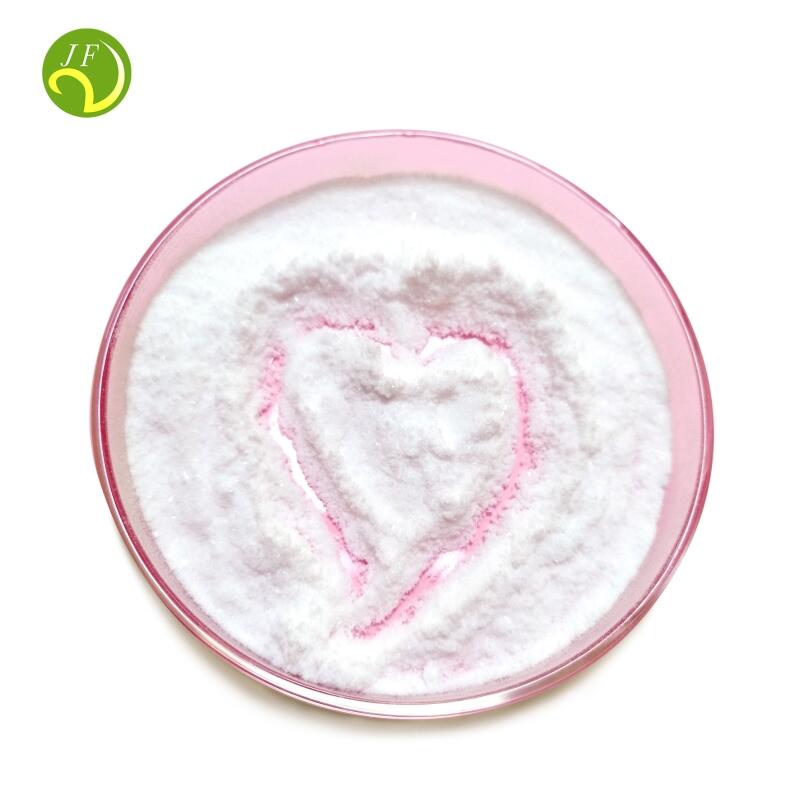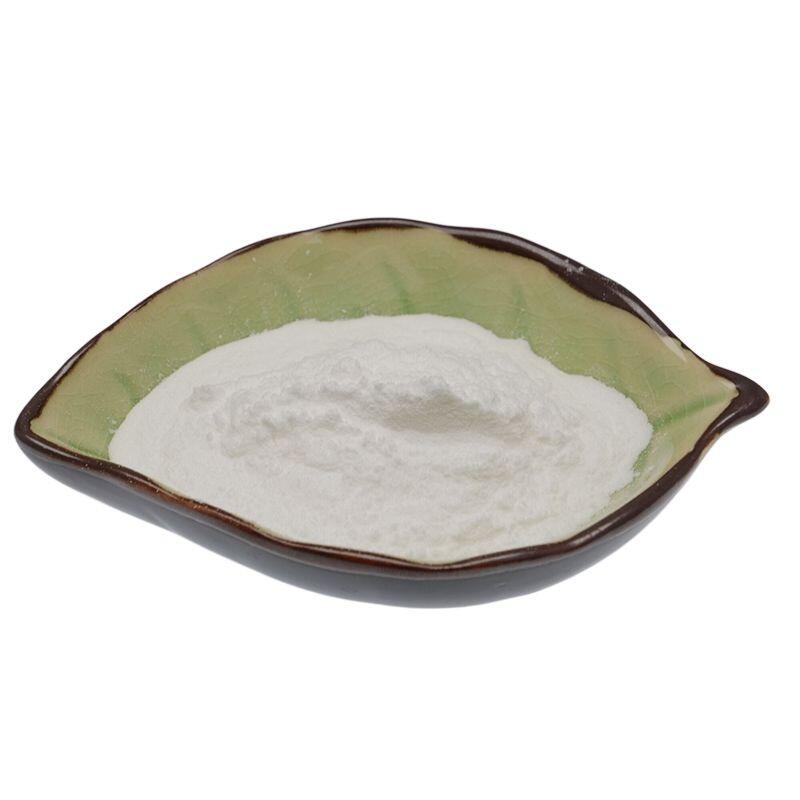-
Categories
-
Pharmaceutical Intermediates
-
Active Pharmaceutical Ingredients
-
Food Additives
- Industrial Coatings
- Agrochemicals
- Dyes and Pigments
- Surfactant
- Flavors and Fragrances
- Chemical Reagents
- Catalyst and Auxiliary
- Natural Products
- Inorganic Chemistry
-
Organic Chemistry
-
Biochemical Engineering
- Analytical Chemistry
-
Cosmetic Ingredient
- Water Treatment Chemical
-
Pharmaceutical Intermediates
Promotion
ECHEMI Mall
Wholesale
Weekly Price
Exhibition
News
-
Trade Service
concept of probiotics is not new. In fact, more than
than
years ago, Nobel Prize-winning Russian scientist
Eli Metchnikoff
confirmed for the first time the relationship between fermented dairy products, which are often consumed by Bulgarian farmers, and health and longevity. In
1907
,
Metchnikoff
hypothesized that lactic acid bacteria present in
"
promote consumer health by inhibiting the growth of
"
" corrupt bacteria
"
in the large intestine.since
early observations
The Metchnikoff, probiotic science has come a long way and made significant progress. Especially in the past
25
years, research on the basic and clinical sciences of probiotics has received more and more attention, and more than
8,000
papers have been published in the biomedical literature. One reason for this concern is the rapid increase in our understanding of the role of the gut microbiome in human health.it is well known that in healthy adult populations, the gastrointestinal tract has
10
times the number of bacteria than the nucleus, and the genome of the gut bacterium is estimated to be
50-100
times the size of the human genome. Because these organisms are metabolically active and interact continuously with the environment, including the mucous membrane immune system, central nervous system, and endocrine system, they can have a significant impact on host physiology and metabolic activity.scientific evidence suggests that imbalances in the gut microbiome are closely related to health conditions, and that certain microbial strains can be used to optimize the balance of the gut microbiome and have a positive impact on human health.these microorganisms, mainly Lactobacillus lactobacillus and Bifidobacteria, are known as
probiotic
"
.
WHO
/
FAO expert group's latest definition of probiotics islive microorganisms that, when given sufficient doses, can bring health benefits to the host
"
.there are many health benefits of eating probiotics (Figure
1
); It is important to note that the health benefits of probiotics are specific to the strain and cannot be inferred from one strain to another. Only a limited number of well-documented probiotic strains are supported by scientific and clinical evidence that has been shown to be beneficial in certain specific aspects of health based on carefully designed and implemented randomized double-blind clinical trials.figure
1
: Health benefits of probioticsOne strain is the animal Bifidobacteria milk subseed
HN019
(also known as
DR10TM
). Clinical studies have shown that this strain can effectively shorten colon digestion time in adults with constipation problems
1
(Figure
2
), reduce or prevent functional constipation symptoms, and improve other intestinal diseases such as intestinal discomfort, nausea, diarrhea and bloating. On the basis of theory, this effect has also been confirmed in a recent study
2
. Although it has proved difficult for most strains to obtain probiotic products from regulators, the
"
Health Statementhas proved difficult, Ibacteria
HN019
became the first probiotic strain in Switzerland to have a declaration of digestive health. In particular, the health statement noted that
HN019
improve its regularity by reducing digestion time.Tue
2
: Changes in the gut after
14
days of treatmentAn exciting new area of probiotic research is emerging, with evidence that probiotics may have improved and therapeutic effects on some common mental health conditions, including depression and anxiety.link between the gut and the brain through the intestinal
-
brain axis has been accurately recognized, yet the role of the gut microbiome in this two-way communication has only recently been confirmed. Studies have shown that many gut bacteria can affect brain function through a variety of mechanisms, including the production of neurotransmitter or precursor cells and other substances, such as dopamine and serotonin. Neurotransmitters are important signaling molecules for controlling mental illnesses such as depression and anxiety.the past few years, there has been strong evidence from preclinical studies that certain probiotic strains can reduce depression and anxiety symptoms in animal models. Although promising data on some human studies have been reported, more research is needed to translate these findings into human use. For example, the latest data from a randomized, double-blind, placebo-controlled study
3
show that eating probiotic rat Lactobacillus
HN001
significantly reduces most of the symptoms of depression and anxiety in women after child-rearing.two probiotic strains,
HN019
and Lactobacillus rat lisin
HN001
, were developed by Fonterra Research and Development Center.our understanding of probiotics has improved
significantly since
early observations of the Metchnikoff disease. Although many problems remain unresolved, significant advances in the use of various tools and tools in human microbial research bode well for the amazing potential of probiotics for our overall health. 's current research topics include exploring the role of the
gut microbiome in human health, in particular the interaction of the food microbiome and its attendant health effects, as well as research and development of functional foods. joined the Plant and Food Research Group, Dr.
Gopal
was chief research scientist at Fonterra Research and Development Center north of Palmerston.
Gopal
has gained international recognition for his research on probiotics. WHO
/
FAO invited him to join a panel of experts to develop protocols and guidelines for the use of
" in food applications. He has served on the Industry Advisory Committee of the International Probiotics and Probiotics Association and the Scientific Advisory Committee of the International Probiotic Association. Dr.
received his Ph.D. in biochemistry from the University of Otago in Danedin and 4 years of postdoctoral research at the University of California, Berkeley.







